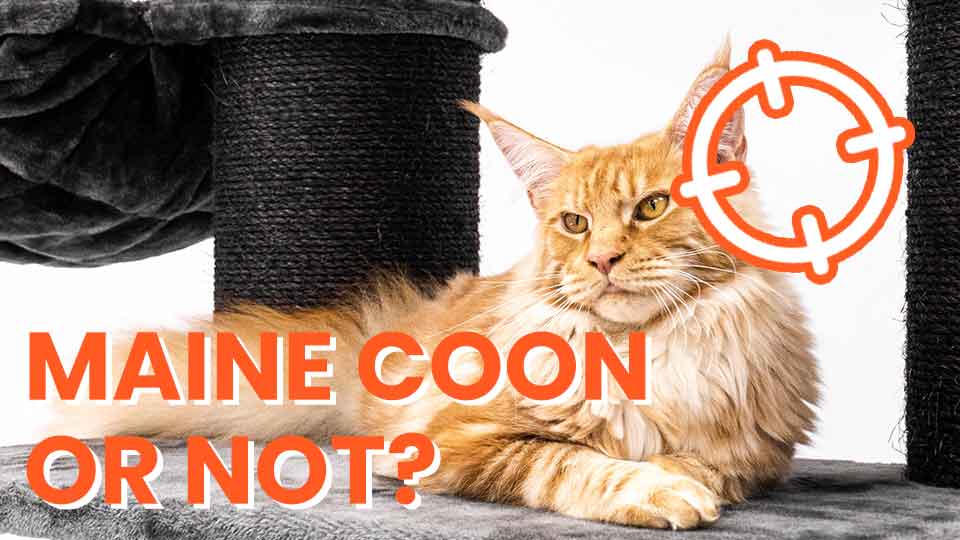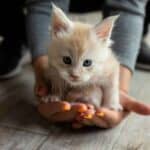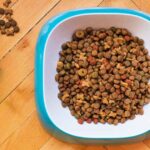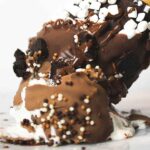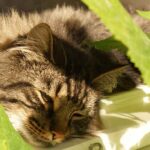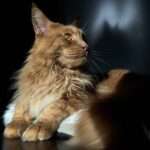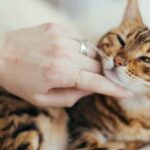If you’ve ever seen a Maine Coon cat, it’s hard to forget the imposing size, lush fur, and the friendly demeanor.
Their distinctive looks and personality often lead people to wonder – is my cat part Maine Coon?
Why does it matter, you may ask? It might be pure curiosity, an interest in your pet’s health, or to understand their care needs better.
No matter the reason, identifying a cat’s breed can be a fascinating journey. Let’s explore this together, focusing on physical features, behavior, and lastly, the DNA test.
Why Do You Want to Know If Your Cat Is Part Maine Coon?
The Maine Coon is one of the oldest natural cat breeds in North America, valued historically for their exceptional mousers and cold weather-adapted coats.
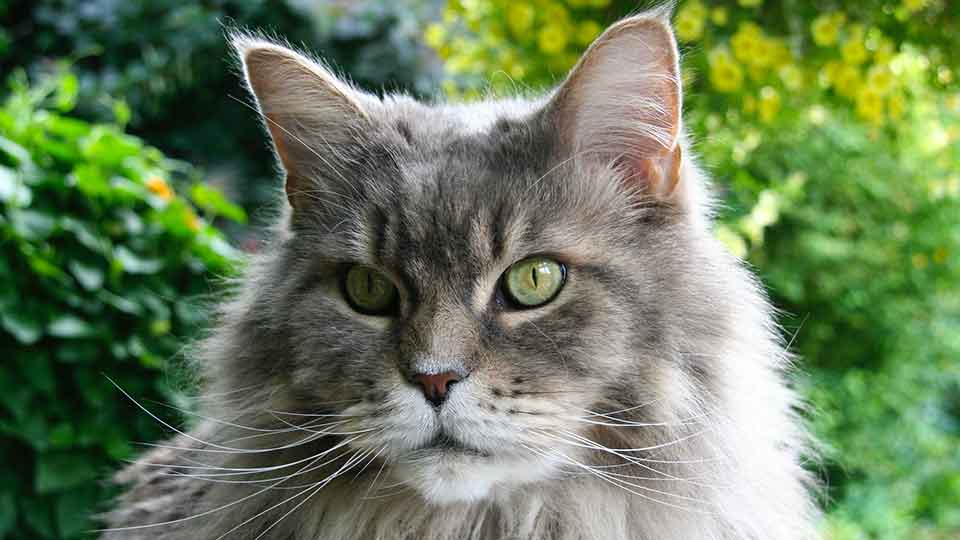
These large, friendly cats typically weigh 15-25 pounds for males and 10-15 pounds for females. Their distinguishing characteristics include:
- A semi-long and plush coat.
- Lynx-like ear tufts.
- High cheekbones create a squared muzzle.
- A long, plumed tail.
Maine Coons also tend to have an outgoing, playful personality that makes them great family pets.
There are many reasons a cat owner may want to know if their cat is part Maine Coon, such as:
– Curiosity about their cat’s background and genetic makeup
– Insight into potential size, coat, health, and personality traits
– Guidance on proper nutrition, grooming, and care needs
– Honoring Maine Coon ancestry if evident
While full cat DNA tests offer the most definitive breed identification, there are also visible physical and temperament clues that your cat may be part Maine Coon. Let’s explore some methods for recognizing possible Maine Coon lineage.
How to Identify A Maine Coon Cat?
Examining your cat’s physical features is one of the easiest first steps in identifying possible Maine Coon ancestry. Let me tell you four simple steps to identify a Maine Coon cat.
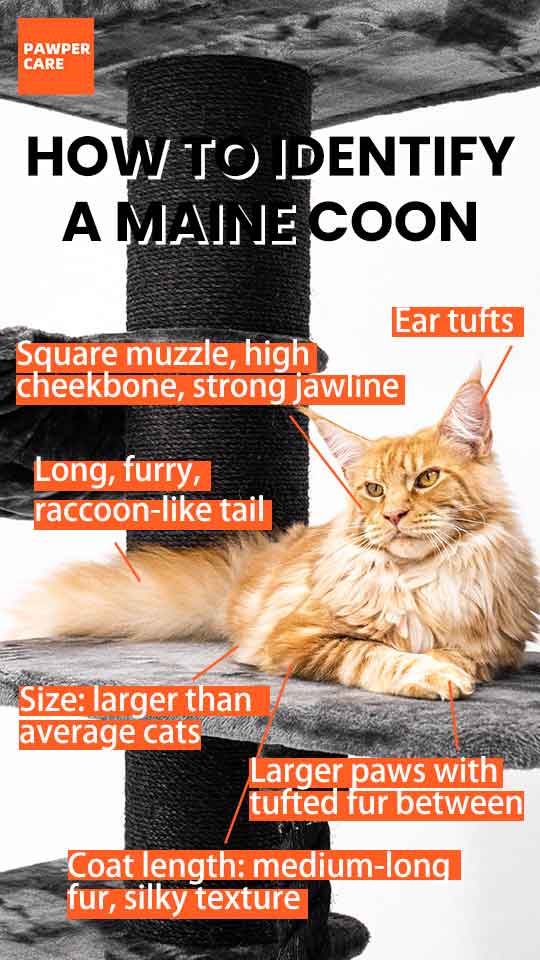
#1 Check the Size – Larger than average cats, at 10-25 lbs. Long, solid body. Males are especially massive.
#2 Check the Coat Length – Medium-long fur with a soft, silky texture and plush undercoat. Not as long as a Persian but longer than a shorthair.
#3 Check the Ear Tufts – Lynx-like tufts at the top of large, wide-set ears gives the breed a wild look.
#4 Check the Tail Plume – Long, furry, raccoon-like tail.
#5 Check the Paws – Larger paws with tufted fur between toes act as natural snowshoes, indicating Maine Coon genes.
#6 Check the Head/Face – Square muzzle, high cheekbones, and strong jawline create a chiseled facial profile.
Here is a suggestion for identifying a Maine Coon cat from Quora.

Not every physical feature needs to be present for there to be Maine Coon lineage. Some Maine Coons have ear tufts, facial structure, and plumed tail, but no dramatic size difference from a regular housecat.
They likely have some Maine Coon DNA mixed with other breeds. The more physical traits present, the greater the probability that Maine Coon is in their genetic makeup.
What is the Personality and Temperament of Maine Coon?
In addition to physical similarities, the Maine Coon personality can indicate part Maine Coon parentage:
Outgoing – Most Maine Coons are very social, outgoing with strangers, and friendly towards other pets. They actively greet guests.
Playful – Maine Coons love to play fetch and learn tricks well into adulthood. They stay kittenish their whole lives.
Intelligent – Eager to learn, Maine Coons often understands commands like “come” and “sit.” Their problem-solving skills also make them adept escape artists!
Curious – Bold explorers of new environments. They check every corner and closet fearlessly.
Vocal – Maine Coons have a wide vocabulary of chirps and trills. They enjoy having conversations.
Affectionate – While independent at times, Maine Coons form close bonds with their families and often follow owners around devotedly.
While every cat has a unique personality, a very social, vocal, intelligent, and playful cat likely has some Maine Coon ancestry influencing their behavioral tendencies.
Using DNA Tests to Confirm Suspicions
To definitively identify breeds in your cat’s genetic profile, DNA tests for cats can check for Maine Coon lineage along with any other contributing breeds.
DNA tests like Basepaws Cat DNA kit provide a genetic blueprint of your cat’s makeup by analyzing a cheek swab sample you collect at home.
The results estimate any percentages of Maine Coon heritage detected and reveal breed traits that may manifest physically or behaviorally.
Tests can cost $99-$150 but provide satisfying breed insight from the source – your cat’s genes. Consider testing if you want to confirm suspicions of Maine Coon ancestry.
Basepaws Cat DNA Test Kit
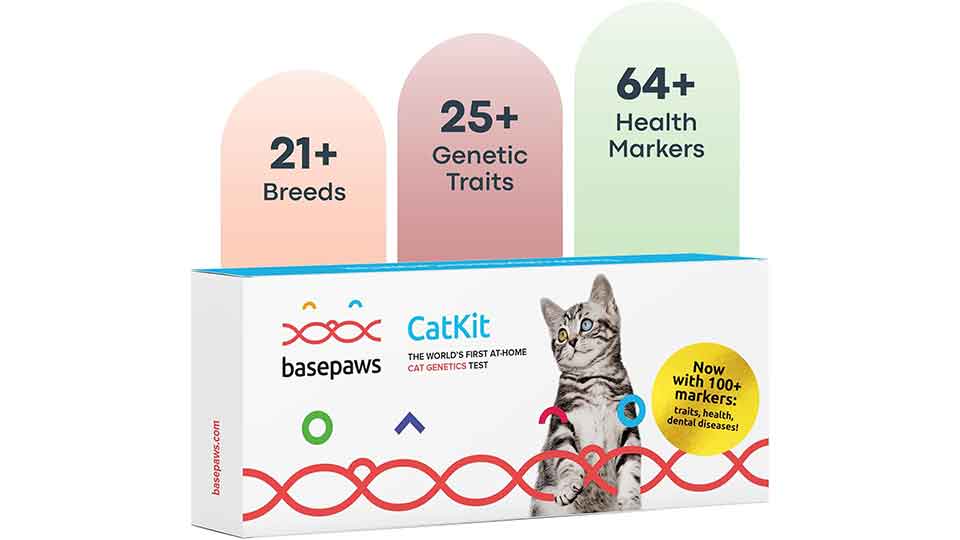
Whether pure or mixed breed, any cat blessed with Maine Coon genetics is bound to have wonderful traits as these cats make incredibly loving and entertaining companions.
Noticing Similarities and Differences from Other Breeds
When trying to identify Maine Coon attributes, it also helps to be aware of other breeds that may share some similar features but are distinct from Maine Coons:
Norwegian Forest Cat – Also large and long-haired like Maine Coons but tend to have more triangular-shaped heads, longer legs, and less bushy tails.
Siberian Cat – Can have a triple-coat and tufted paws like Maine Coons but sport more leg and tail fur and rounder faces.
Ragdoll – A long-haired breed but with bright blue eyes, pointed color patterns, and a super docile temperament, unlike the hunting spirit of Maine Coons.
American Longhair – Long-haired but overall smaller with more varying personalities than the uniformly friendly Maine Coon.
Turkish Angora – Long-haired but smaller, have a daintier bone structure, and lack the Maine Coon’s square muzzle.
Comparing suspected Maine Coon mixes against purebreds of other breeds will help identify Maine Coon-specific traits versus similar features other long-haired cats share.
Caring for a Part Maine Coon Cat
If you confirm or strongly suspect your cat is part Maine Coon, here are some tips for meeting their needs:
– Feed high-protein food to fuel their large bodies.
– Invest in sturdy cat trees and toys to satisfy their athleticism and hunting instincts.
– Groom frequently to prevent mats and hairballs from their thick coats.
– Prepare larger litter boxes – Maine Coons have big paws!
– Set aside ample playtime and activities to prevent boredom.
– Monitor weight as some Maine Coons can be prone to obesity.
– Brush teeth regularly and provide dental treats to maintain healthy teeth and gums.
While any cat is a blend of unique traits, identifying possible Maine Coon lineage provides helpful insight into caring for their physical traits and personality. Celebrate your remarkable cat!
Final Thoughts
With iconic good looks and endearing personalities, it’s no wonder many cat owners wonder if their pet is part Maine Coon. Careful observation of physical features and temperament, along with DNA breed testing, can uncover clues about potential Maine Coon ancestry. Whether pure or mixed breed, a cat blessed with Maine Coon attributes is sure to be an exceptional family companion.
By understanding their heritage, you can nurture your cat’s genetic potential and appreciate whatever Maine Coon magic may be in their genes.

